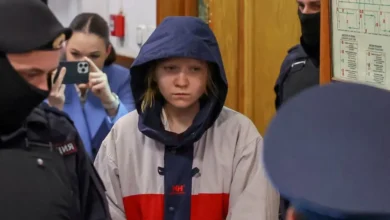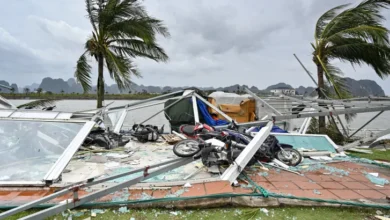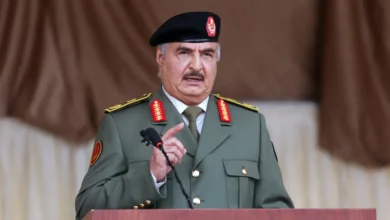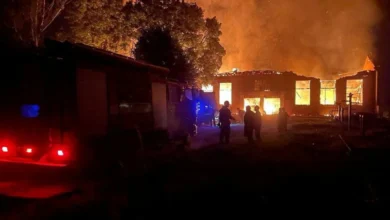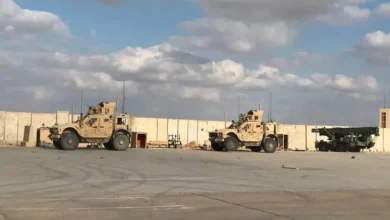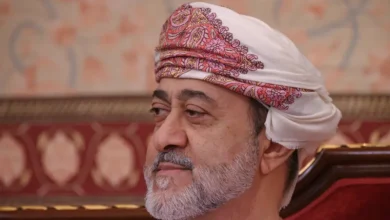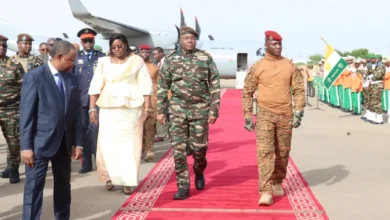‘They’ll be back’: White Afrikaners leave South Africa to be refugees in US

On a chilly Sunday evening in Johannesburg, OR Tambo International Airport was filled with tourists and travellers entering and exiting South Africa’s busiest airport.
On one side of the international departures hall, a few dozen people queued – their trollies piled with luggage, travel pillows and children’s blankets – as they waited to board a charter flight to Washington Dulles International Airport in the United States.Dressed casually and comfortably for the 13-hour journey that would follow, the group – most young, all white – talked among themselves while avoiding onlookers. Although they blended into the bustling terminal around them, these weren’t ordinary travellers. They were Afrikaners leaving South Africa to be refugees in Donald Trump’s America.
When Charl Kleinhaus first applied for refugee resettlement in the US earlier this year, he told officials he had been threatened and that people attempted to claim his property.
The 46-year-old, who claimed to own a farm in Limpopo, South Africa’s northernmost province, was not required to present proof of these threats or provide details regarding when the alleged incidents occurred.On Sunday, he joined dozens of others accepted by the Trump administration as part of a pilot programme granting asylum to people from the Afrikaner community – descendants of mainly Dutch colonisers that led the brutal apartheid regime for nearly five decades.
The Trump administration claims white people face discrimination in South Africa – a country where they make up some 7 percent of the population but own more than 70 percent of the land and occupy the majority of top management positions.
“I want you all to know that you are really welcome here and that we respect what you have had to deal with these last few years,” US Deputy Secretary of State Christopher Landau told Kleinhaus and the others when they landed at the Dulles International in Virginia.
“We respect the long tradition of your people and what you have accomplished over the years,” he said on Monday.
Speaking to a journalist at the airport, Kleinhaus said he never expected “this land expropriation thing to go so far” in South Africa.He was referring to the recently passed Expropriation Act, which allows the South African government to, in exceptional circumstances, take land for public use without compensation. Pretoria says the measure is aimed at redressing apartheid injustices, as Black South Africans who make up more than 80 percent of the population still own just 4 percent of the land.
South African officials say the law has not resulted in any land grabs. There is also no record of Kleinhaus’s property being expropriated.
